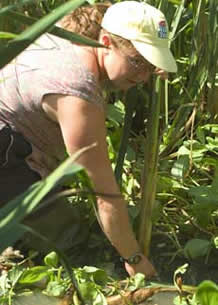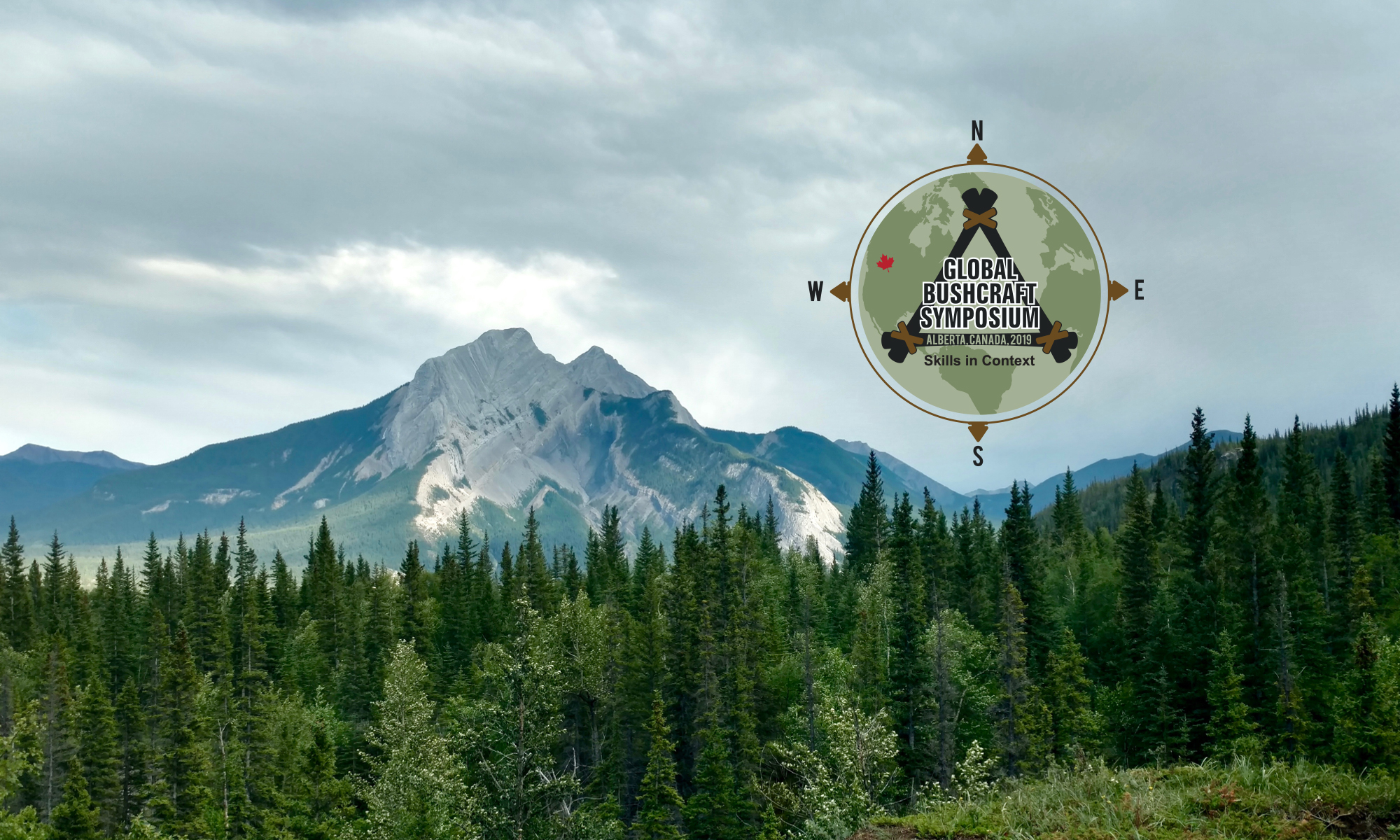
I was first interested in bushcraft as a British PhD student in 1981 studying the function of archaeological stone tools via practical experiments. Another archaeologist, Dr Caroline Wickham Jones had introduced me to flintknapping and fellow postgrad Don Henson and I carried on getting flint, knapping it into tools, and then using it. However, when I tried to use the pieces I had made my world expanded from ‘stone tools’ to ‘perishable material culture’. Trying to design experiments that were relevant meant I researched the practical details of plants and animals as both food and as the raw materials for crafts. As the internet did not exist yet, I read a lot of archaeological and ethnographic books with frustratingly little detail on how to do things. I also met Pete Doherty a survival expert who showed me some basics in bushcraft. Later the SAS survival handbook (1986) and then Ray Mears book (1990) added to my knowledge
I got a lectureship in Archaeology and carried on trying to put practical understanding at the heart of both my own research agenda and my approach to teaching students how to interpret material remains. I set up the first MA in Experimental Archaeology programme in the world at Exeter University (southwest Britain) in AD 2000 and was joined there by Prof Bruce Bradley another like-minded academic crafter and a great flintknapper. Over the years I have worked with various crafts people, learning from them, and have myself made replicas for museum displays. I keep on collecting ideas of how materials are processed and used and know that there is still more to learn. Sometimes, the archaeological evidence suggests something which is rare or unknown in the modern world. The oldest artefact I have ever held in my hand was 2 million years old and I have worked with objects of stunning artistry. The artefacts I study influence me most because the practical skills that I see in the archaeological evidence, and the efficiency and artistry with which these are accomplished, show these skills are a part of our common human heritage with deep origins.
